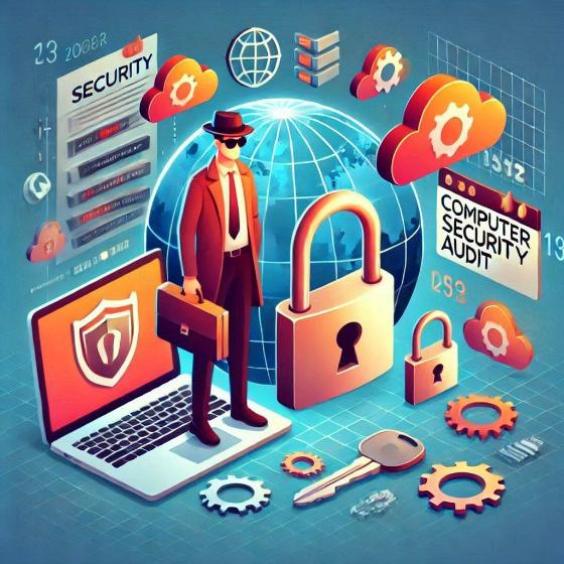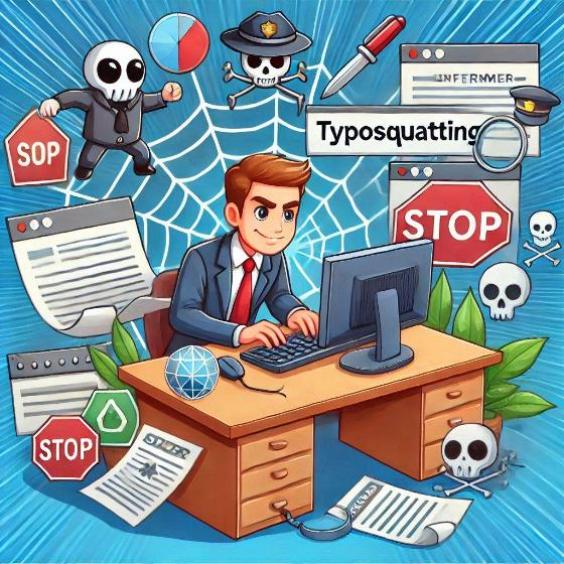What is Information Security Audit
Cybersecurity is a fundamental aspect in the digital age in which we live. With the growing dependence on technology and internet connectivity, organizations and individuals must take measures to protect their systems and data from potential threats. In this context, cybersecurity auditing is an essential practice to ensure the integrity and confidentiality of information.

What is a Cybersecurity Audit?
A cybersecurity audit is a systematic and comprehensive process that evaluates the security of a computer system or network of computers. Its objective is to identify vulnerabilities and weaknesses in security, as well as evaluate the effectiveness of existing security measures. Cybersecurity auditing focuses on risk detection and the recommendation of corrective measures to mitigate them.
Who should use this practice?
Cybersecurity auditing is relevant to any organization or individual that uses computer systems and networks. This includes:
- Businesses and organizations of all sizes
- Government and educational institutions
- Individuals who work with confidential or sensitive information
- Website and online application owners
How often should Cybersecurity Auditing be practiced?
The frequency of cybersecurity auditing depends on several factors, such as system complexity, risk level, and government regulation. In general, it is recommended to conduct cybersecurity audits:
- Every 6-12 months for critical and highly complex systems
- Every 1-2 years for medium complexity systems
- Every 2-3 years for low complexity systems
Tools used in Cybersecurity Auditing
There are several tools and techniques used in cybersecurity auditing, including:
- Vulnerability analysis: tools such as Nessus, OpenVAS, and Qualys
- Penetration testing: tools such as Metasploit and Burp Suite
- Network traffic analysis: tools such as Wireshark and Tcpdump
- Security configuration analysis: tools such as Security Center and Compliance Scanner
Cybersecurity auditing is an essential practice to ensure the security and integrity of computer systems and networks. By conducting cybersecurity audits regularly, organizations and individuals can identify and mitigate risks, protect their confidential information, and comply with government regulations. Remember that cybersecurity is a continuous process that requires constant attention and effort.





